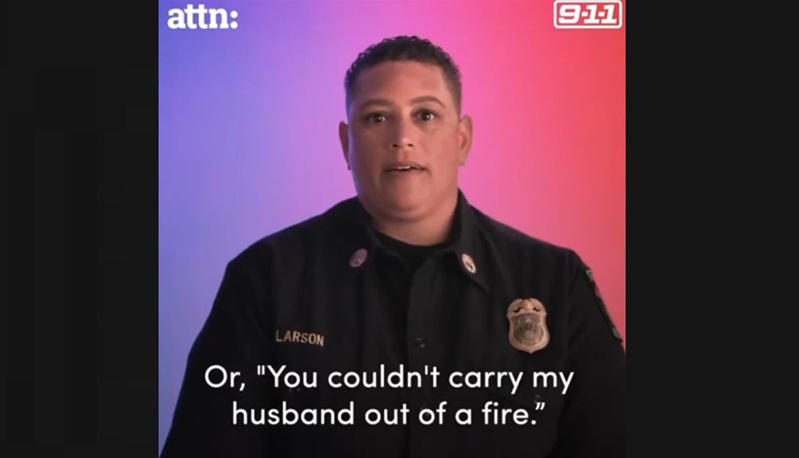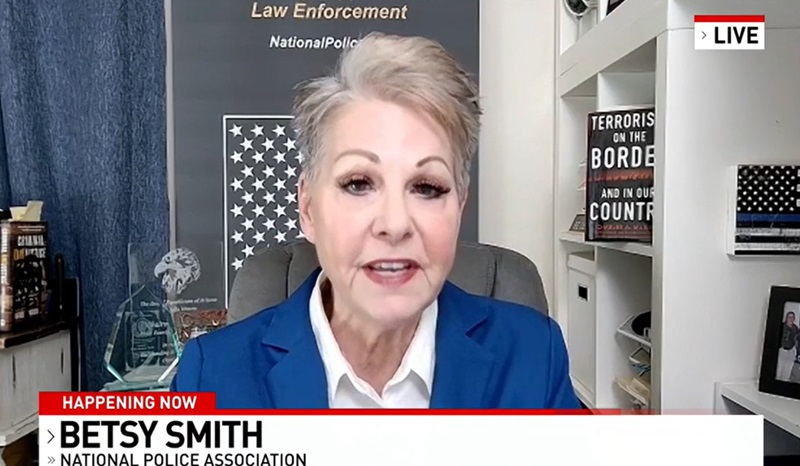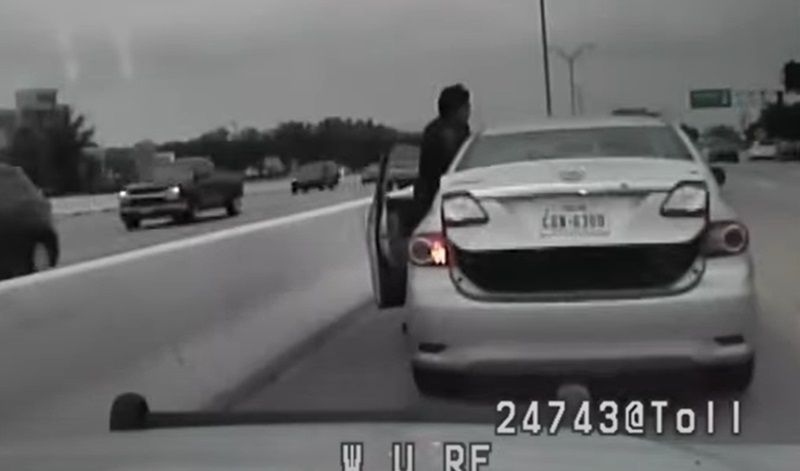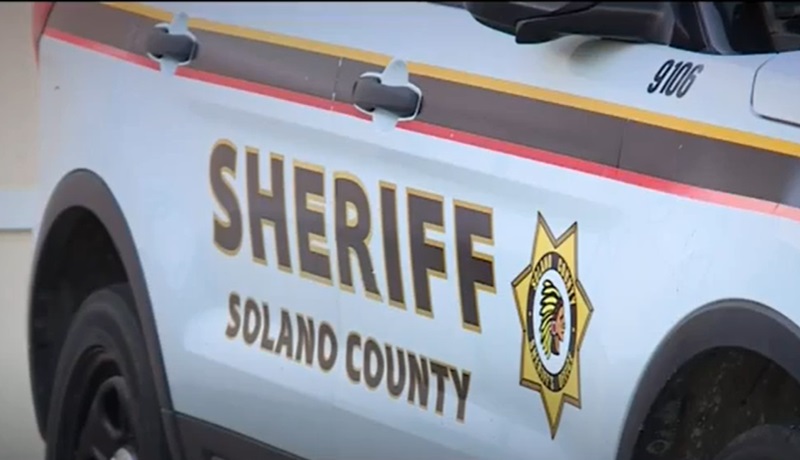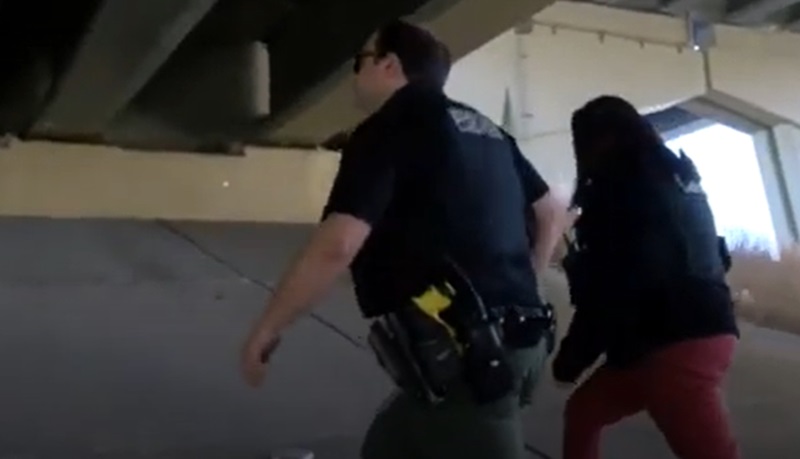
When a patient goes to a doctor or dentist appointment, it is unlikely that the first person they see the doctor. They may not see a doctor at all. There are layers of helpers that do the important but non-emergency work in health practice. It could be a medical assistant, a nurse, a nurse practitioner, physician’s assistant, hygienist, paramedic, or phlebotomist to name a few. The many intake processes and vitals can be assessed later by the doctor who can then invest their time most efficiently and, not inconsequentially, bill more efficiently.
Law enforcement is increasingly using the model of the paraprofessional to help with the caseload. A certified police officer has skills such as engaging with violent offenders and apprehending suspects for crimes in progress. They possess a myriad of other skills and attributes like report writing, public relations, security checks, traffic control, and interviewing witnesses. While these skills are important, they can be developed in civilian employees or volunteers with reasonable efficiencies.
Like medical paraprofessionals, NLEs can spend more time with clients without rushing off to an emergency, since client contact is their mission, not life-saving and criminal catching.
While NLE staffing has increased in use and acceptance in policing, the concept is not new. Mental health calls have been diverted from police response to a program known as CAHOOTS in Eugene, OR for several decades. This writer’s alma mater used student patrols to supplement their campus safety officers as recorded in “Campus Security: The Mule Patrol” in volume 59, issue 7, dated 1990, named for the mascot of the University of Central Missouri. This writer used college interns to patrol parks and trails and report any concerns to the officer on duty.
Categories of volunteer NLE assistance to police include chaplaincy and victim assistance. These volunteers (or paid in some jurisdictions) have additional training and the resources of time and referrals to other agencies to deal with persons in distress and needing further care. Chaplains can also get to know officers and offer encouragement and counseling in an informal or formal environment. Victim advocates can help crime victims and witnesses navigate the legal system and provide support and information along the way.
Neighborhood watch patrols can be a force multiplier by getting more eyes on the community to gather information and report suspicious activity needing a police response. The perception of safety by residents or surveillance by those seeking to steal requires visibility of police resources. While studies question the value of routine patrol, principles of crime prevention include the presence of capable guardians, a function that visible civilian patrols can fulfill.
An increasingly common category of paraprofessional NLE response is the Community Service Officer (CSO). This type of service may be labeled with a variety of acronyms or labels, but generally consist of an unarmed, uniformed person in a marked car that is distinctly different from a police squad car, but recognizable as official.
A CSO may be taking a cold report when dispatch confirms that no active suspect is at the scene of a relatively minor offense. Unless they have additional training, CSOs will not be part of an active crime scene except to help staff an outer perimeter or shuttle equipment or other personnel.
Although traffic control can be a dangerous and challenging skill, CSOs can take traffic assignments such as being present at a crash to assist an officer, setting out cones, and warning oncoming traffic of the danger ahead. Training in CPR and First Aid, de-escalation, and the use of any defensive tool with which they might be entrusted such as a radio, baton, or pepper spray is essential to ensure their confidence and performance in unexpected situations.
Clear policy, careful background checks and testing, as well as quality training in expected tasks, can give a quicker response time to routine citizen concerns giving useful service when a police officer is not available. The trend is growing and could answer the challenge of police staffing in the future.
Make a difference. Support the NPA.



